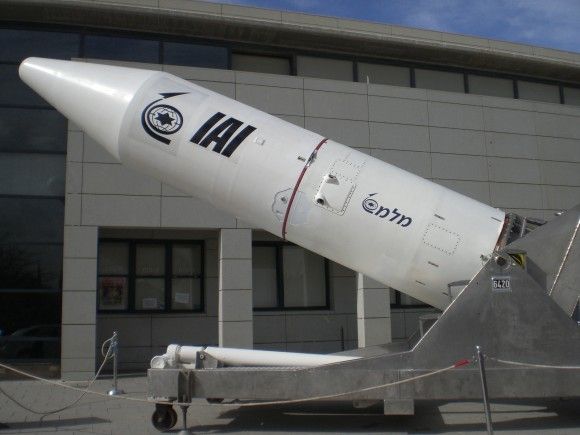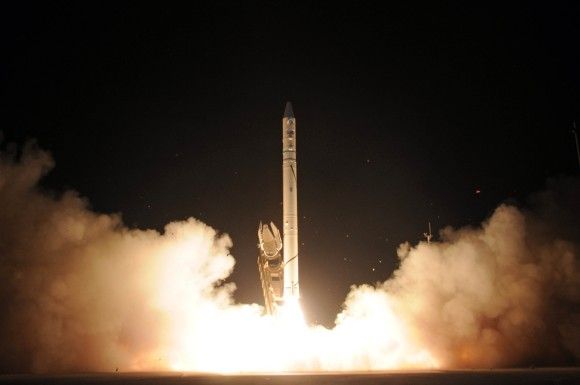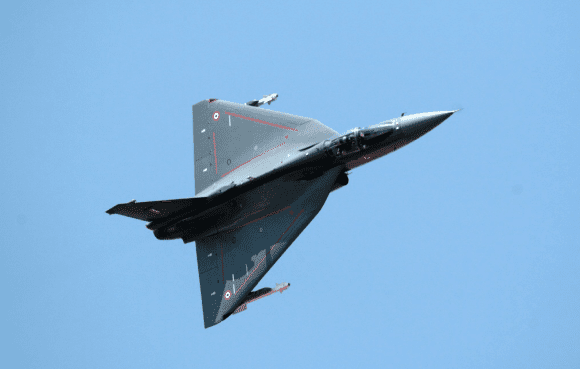Industry
WB Electronics UAV Systems Offering Protection For Railways And For Power Transmission Lines
WB Electronics company presented one of its UAV systems, dedicated for PKP. The UAV is going to be used to test the configuration for the final systems, which are going to be used to protect the railways, in line with the act created by the parliament in October this year.
WB Electronics, cooperating with the Gliwice-based Novelty RPAS start-up company, is going to deliver three UAV systems for Polskie Linie Kolejowe S.A., a subsidiary company of PKP S.A. The UAV systems in question will be acquired along with the full kit, required to plan and control their operations. The systems will be used to realize tests, within the scope of using the remotely piloted aircraft for protection of railways, transported goods and sensitive elements of the infrastructure, required to maintain high level of effectiveness, when it comes to railway transportation.
The system, dedicated for railways, consists of a quadcopter, equipped with a FLIR camera, also capable of being operated in the visible light spectrum, and of a control station based on a Mitsubishi Pajero off-road vehicle. System is operated by a three-man crew, consisting of a driver, operator and an engineer.
The UAV, also known as “Stróż” [Guardian], features four electrically driven rotors. Its take off weight is 10 kilograms, with a maximum payload of 2 kilograms. Its basic equipment includes a stabilized optronic gimbal with a 30x zoom camera and a FLIR system. The system may be used also in adverse weather conditions. “Stróż” UAV is capable of operating 2 kilometres from the control unit, transmitting real time video to its operator.
Thanks to the fact that the control system is embedded on a vehicle, it is possible to control a much wider area. It is even possible to track railway transports, since the UAV system is capable of flying with speeds of up to 50 kilometres per hour for more than 30 minutes, while replacing the battery takes only a minute. Moreover, the battery may be easily replaced when the UAV lands away from the dedicated infrastructure.
The system, co-presented by PKP and WB Electronics, has been developed for testing purposes before the purchase is executed. 480 hours of operational sorties are to be realized until the end of the year. As a result of the test programme, both the final configuration, as well as the number of systems to be acquired by Polskie Linie Kolejowe, are going to be determined.
WB Group, in cooperation with the Polish Railways, also tests unmanned patrol fixed-wing aircraft in two configurations. One of those systems – similarly as the FlyEye, takes off from hand of the operator, using a conventional airframe, with the optronic devices looking vertically down. The second design is based on a “flying wing” airframe. It takes off from a launcher, and it is fitted with a stabilized optronic sensor, placed in the front part of the airframe.
Both designs are being realized in cooperation between WB Electronics and Novelty RPAS - the latter company plans to specialize in UAV systems for civilian applications. Using modern UAVs to protect railways is a major step on the way towards future applications of the unmanned technology, within the area of protecting the elements of the sensitive infrastructure.
Not only did the company based in Ożarów Mazowiecki win the tender organized for the Polish railways, as WB also has been successful in the PSE tender, the aim of which was to select an unmanned system for protecting the power grid. This is an innovative project, aiming at using a UAV system for ongoing monitoring of the technical status of the power grid transmission lines. Modern laser scanning technology is going to be used to realize the initiative.




